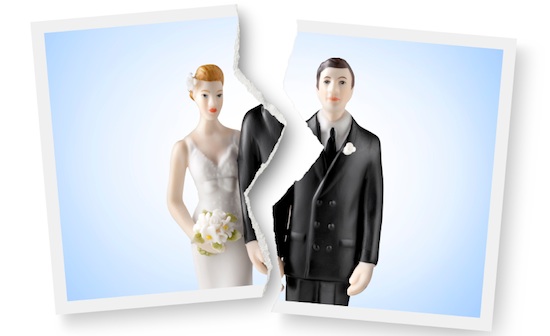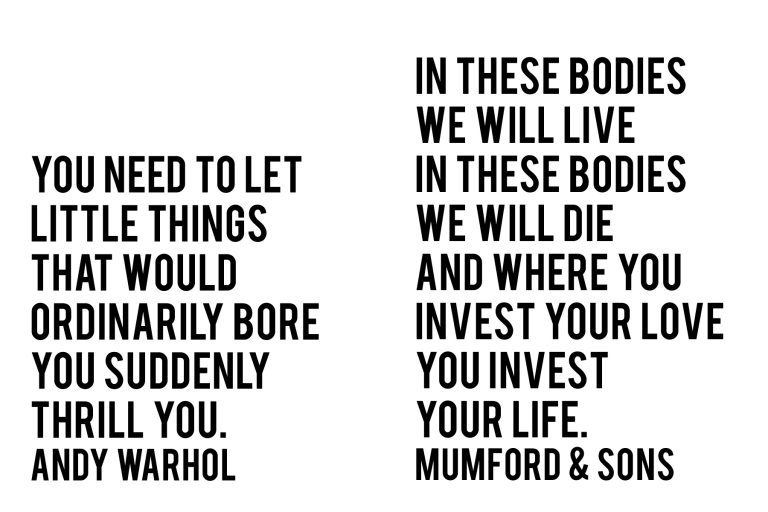All’s Not Fair in Love & Cheating – Men Less Likely to Forgive & Women More Likely to Lie
April 24, 2012
Cheating. It’s a scary word. When we think of a cheating partner, we usually think of it at a distance. It’s something that we’ve seen in a movie or heard that happened to one of our friends. Very seldom do we believe that cheating could happen in our own relationship.
I used to think like this…until it happened to me. In the grand scheme of things, there are far worse events that could happen than to discover that your partner hasn’t been faithful. But when it happens to you, it’s hard not to think that your entire world is falling apart. I very distinctly remember feeling like I couldn’t breathe, like there was a tightening in my chest, and like I was consumed by a nervousness that didn’t disappear for weeks. I also found myself feeling tired, exhausted, and having little appetite. This resulted in what I liked to joke was the “my-boyfriend-is-a-loser-diet.”
Knowing the emotional and physical toll that cheating can take, I often wonder if I would have been better off not knowing. Or even still, if I had done the cheating, would I have confessed? After all, don’t they say that ignorance is bliss? Theicebreak, a fun app for couples to stay close and get closer, recently asked the question “Would you want to know if your partner was cheating on you? Why or why not?” The results, coupled with overall cheating statistics, paint an interesting picture of how men and women feel about cheating. One thing that’s obvious is that all’s not fair in love and cheating.
Do Unto Others Doesn’t Apply
84% of people say they want to know they’re being cheated on, yet only 6% of cheaters confess, even when confronted. There’s a definite gap in how people want to be treated versus how they are treating others.
There’s a whole host of reasons that people don’t admit to cheating; fear of losing the one you love and fear of hurting them are both valid reasons. These same reasons, however, often also prevent us from discussing issues in the relationship before they lead to cheating. It’s important for couples to have honest and open dialogue with each other about what’s bothering them so that it doesn’t cause bigger problems down the road.
Men Are Less Likely to Forgive
Men are 22% more likely than women to say that they would end the relationship if they discovered their partner was cheating on them. While there aren’t any hard statistics on female infidelity, it is estimated that 40% of women have at least one affair during their lifetime. With female cheating on the rise, this is a situation that is bound to occur with more frequency.
It’s often said that women cheat for love, while men cheat for sex. Yes, some women cheat for sex, but the majority cheat to satisfy an emotional connection that is lacking at home. This can be a big blow to a man’s pride, when it’s no longer just a sexual indiscretion. It’s important for partners to be empathetic to their partner’s needs, and make an effort to fulfill them. It’s equally important to communicate your own needs — both emotionally and sexually.
Women Are Better Liars
Between 8 – 15% of children aren’t fathered by the man who thinks that he’s the biological parent, and those are conservative estimates. That’s a lot of not-so-little lies. While female cheating has increased, being honest about it hasn’t yet caught up. It’s still not as socially acceptable for a female to have an affair as a man, or even just to open up or boast about her sex life.
Also, women are groomed to lie from childhood to appease — “Your dress looks so lovely,” when it really doesn’t or “This food is delicious,” when it’s not. Lying, on some level, is a natural part of the way that women navigate in society. It’s important for both partners to value honesty, and to recognize the difference between tiny white lies meant to manage relationship harmony, and the larger more life-altering ones.
Women More Likely Feel Like They’re Living a Lie
Women are 35% more likely than men to feel like they’ve been living a lie or been played, if they discover they’ve been cheated on. According to theicebreak results, women are also more likely than men to be bothered by the fact that their friends knew before they did that the cheating was happening.
If women are more likely to cheat for emotional reasons, then when they get cheated on themselves, it would seem logical then that they feel like the life they have been living with their partner is an emotional falsehood. It’s important for couples, especially those that experience cheating and want to move forward and fix issues, to recognize that each person views cheating differently — and to not make assumptions about what happened based off of what you feel, instead of what your partner felt or does feel.
So, despite all of this talk of infidelity — I’m still not sure if I would want to know, or even if I would tell. What I do know, however, is that there are so many positive things about being in a relationship that far outweigh being afraid of the possibility of cheating. Love, intimacy, and shared support can make people happier, and relationships are all about that.







